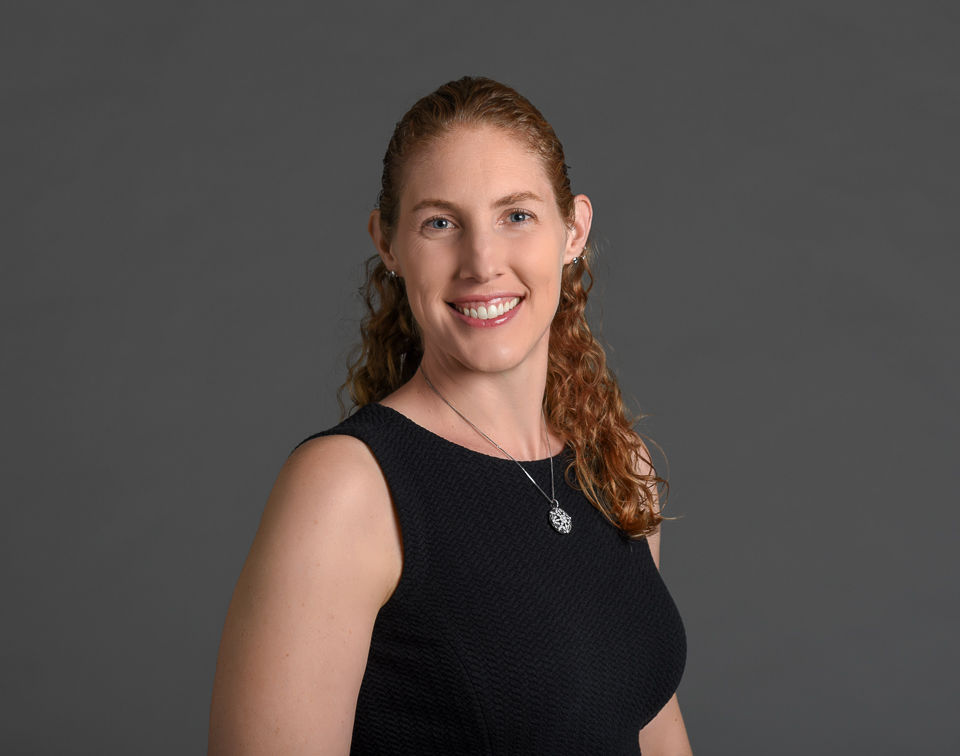Uncovering the impact of microbes on primate ecology and evolution: A conversation with Katherine Amato
- Oct 28, 2024
- 3 min read
The NSF-Simons National Institute for Theory and Mathematics in Biology is composed of investigators at the forefront of innovative research at the interface of mathematics and biology. Each member of the NSF-Simons NITMB brings a unique perspective that is vital for achieving the NITMB’s mission to develop new mathematics and inspire biological discovery. In order to highlight the diversity of expertise present, and the valuable contributions of NITMB members, the NITMB will be sharing insight into one of our members every month.

Katherine Amato, Associate Professor of Anthropology, Northwestern University
Katherine (Katie) Amato is an Associate Professor of Anthropology at Northwestern University. Professor Amato studies the influence of gut microbes on host ecology and evolution. Her research examines how changes in the gut microbiota impact host nutrition, energetics, and health.
We spoke with Professor Amato to explore the impact of microbes on primates and how integrating mathematical analysis could lead to further understanding.
What is your current research area?
“I am interested in how microbes living on the bodies of humans and other primates affect their host’s ecology and evolution. Can molecules produced by these microbes help hosts survive periods of low food availability, better resist disease in new environments, or improve reproductive potential? Have microbial functions influenced traits like diet and relative brain size? How resilient are these interactions to environmental and physiological change? What are the trade-offs or limits?”
What disciplines does your research integrate?
“I integrate approaches from anthropology, animal behavior, feeding ecology, microbiology, life history theory, and public health.”
Where do you find inspiration?
“I find inspiration from being outside in nature and around populations of people and non-human primates. I also find inspiration in more strictly biomedical, laboratory experimental studies. I like to apply evidence of mechanisms from those studies to my work and to think about how I might borrow techniques to be used in my less controlled experimental contexts.”
What aspects of your research could be interesting to mathematicians or applied to biology?
“There are many unknowns about the temporal dynamics of microbial communities in humans and other primates - what environmental and host physiological forces are shaping them, and how they affect the net function of the community. For example, how do social interactions or temporal changes in diet affect the types of microbes in a community and their function over time? Do these processes operate on the same time scale? Do they interact with each other? Are there functions that remain stable despite shifts in the microbes that perform them? Are there trade-offs in the functions that different microbes provide?”
What about the NITMB do you find exciting?
“I think there is huge potential for my data to be used in new and exciting ways. However, I am not always sure what those ways are. I am eager to interact more with mathematicians to be able to address new biological questions with my data as well as to explore how my data might contribute to interesting mathematical questions. This is not something I have had the time to engage with individually, and I think NITMB’s ability to facilitate these interactions is fantastic.”
What career achievement are you most proud of?
“As one of the first people trained simultaneously in microbiology, bioinformatics, and primate field data collection, I have been one of the pioneers to bring gut microbiome research into the world of anthropology. It has been fun and rewarding to create bridges between biomedicine and human and non-human primate ecology.”
Outside of your research, what other interests do you have?
“I love to read, and I jog and do CrossFit. I try to spend as much time outdoors as I can. I also like painting, although I don’t have much time for it anymore. Work and two kids take up most of my time.”
What are you hoping to work on in the future?
“I would love to explore more about what determines the types of microbes different primate species have, and how that relates to their physiology. We know that every animal species has a microbial ‘fingerprint,’ but we know little about which processes contribute most to this, and what the implications are. We are doing some work in this area, but the questions I outlined previously would contribute in unique ways.”
What else should the NITMB community know about you?
“I am very open to collaborating on new analyses and have some really unique datasets. I need a better idea of what would be interesting and helpful to mathematicians though.”
The NITMB is proud to have Katherine Amato as a valued member of the Institute. More information on Professor Amato’s work can be found on the Amato Lab website.


